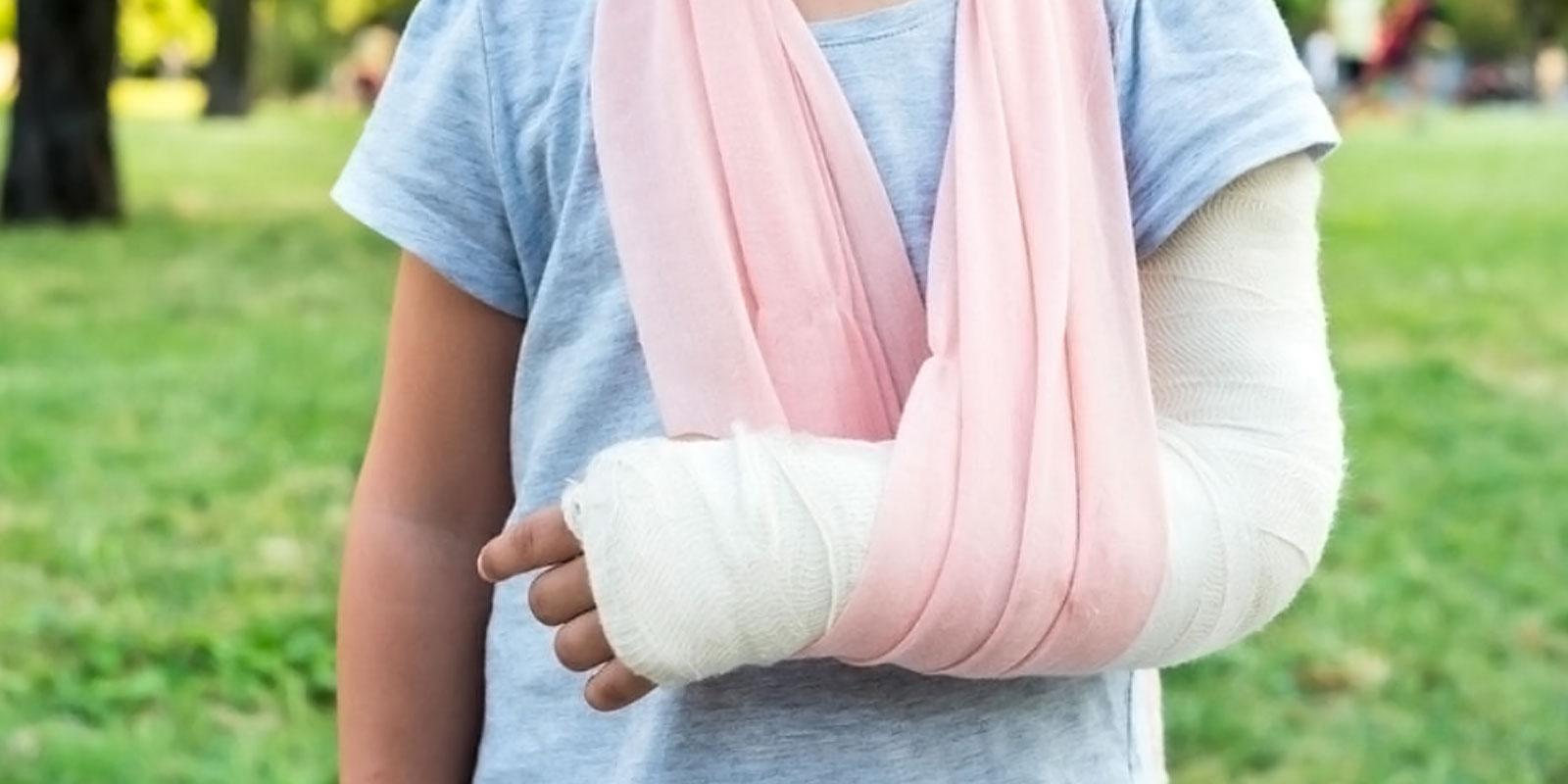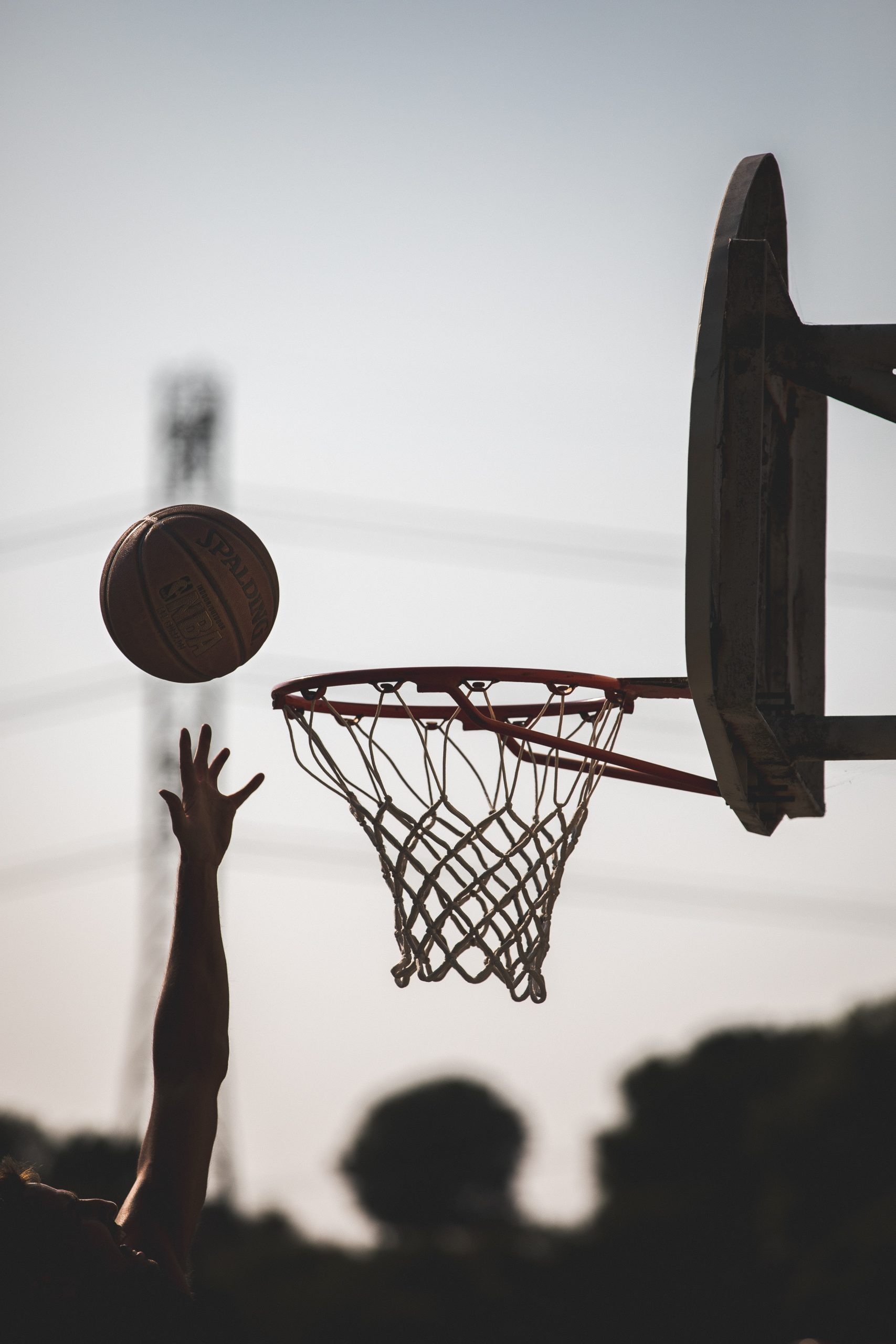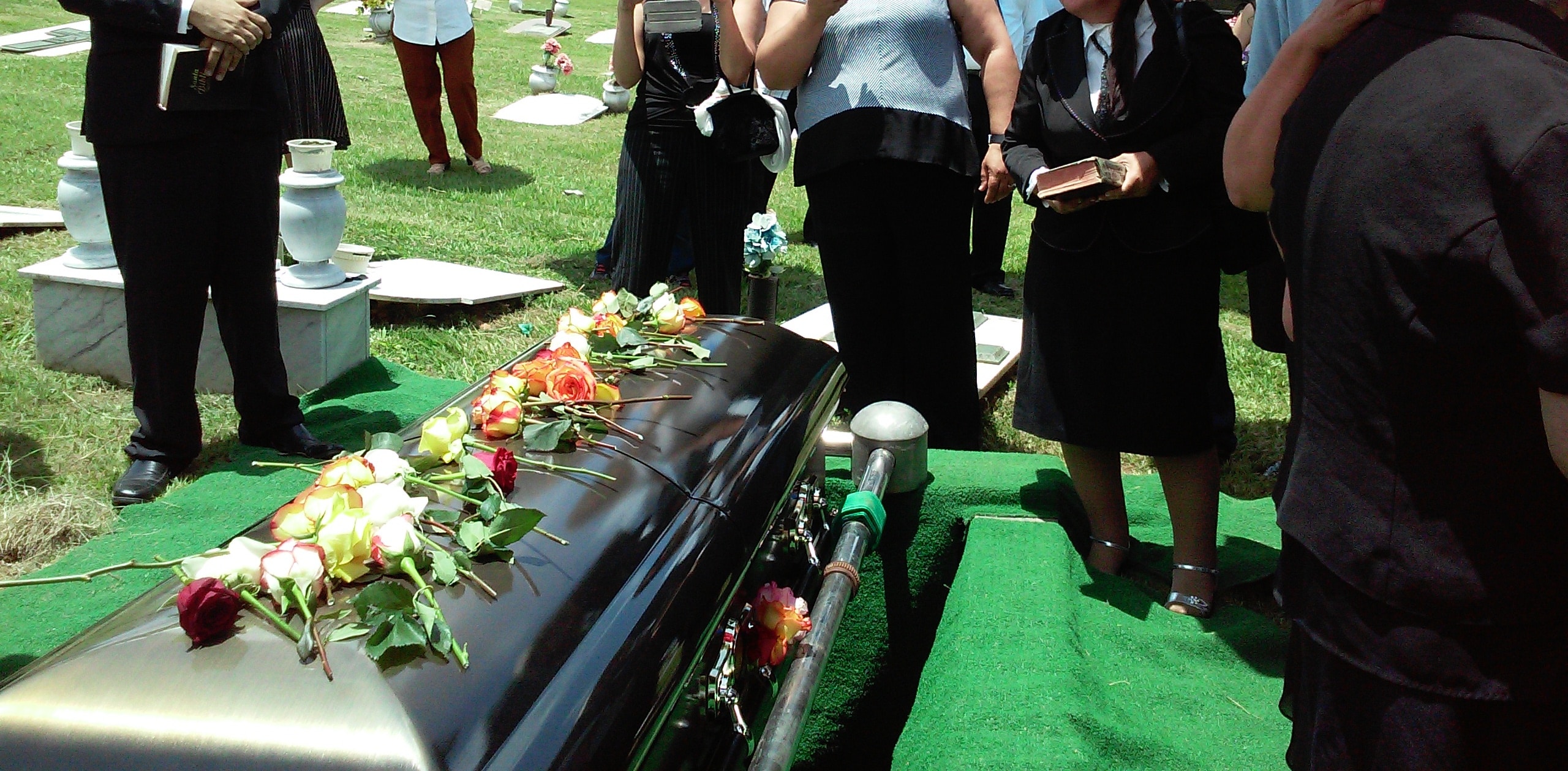Family members or dependents may have the right to seek redress and compensation by filing a wrongful death lawsuit if another person’s negligence or wrongful actions were the cause of the deceased person’s death. Nevertheless, the regulations regarding who is eligible to file a wrongful death claim differ from jurisdiction to jurisdiction. As part of this article, we look into the legal framework that determines who can file a wrongful death lawsuit. This includes a detailed look at the laws that make someone eligible.
Understanding Wrongful Death Lawsuits:
A wrongful death lawsuit is a legal recourse taken against an individual or entity responsible for causing the untimely demise of another person due to their careless or deliberate actions. These lawsuits have two main objectives:
Compensation: Wrongful death claims seek to provide financial support to the loved ones left behind after a tragic loss, helping them cope with the various hardships caused by the untimely passing.
They ensure that the responsible party is held accountable for their actions, prioritizing safety and working towards preventing similar incidents in the future.
Who is eligible to file a wrongful death lawsuit?
The laws of the jurisdiction where the incident occurred determine who is qualified to file a wrongful death lawsuit. However, there are several common categories of eligible claimants:
In most jurisdictions, spouses, children, and parents are usually considered the primary eligible claimants when it comes to immediate family members. These individuals typically have the closest emotional and financial connections to the deceased.
Dependents and Financial Beneficiaries: Besides immediate family members, dependents who depended on the deceased individual for financial support might qualify to file a wrongful death claim. This category may encompass individuals such as domestic partners, stepchildren, or those who can provide evidence of their financial dependence on the deceased.
In certain situations, it may be possible for a personal representative of the deceased person’s estate to file a wrongful death claim. The compensation obtained in these cases is typically allocated to the heirs or beneficiaries of the deceased individual as a component of the estate.
In certain jurisdictions, distant relatives like cousins or siblings may have the opportunity to file a wrongful death lawsuit if there are no immediate family members present.
Legal guardians or adopted children may have the opportunity to file a wrongful death claim, depending on the laws of the jurisdiction.
In certain states, parents who have lost an unborn child may be able to file a wrongful death claim, especially if the child was viable outside the womb. This legal route enables recognition and potential compensation for the devastating loss these parents have suffered.
Differences in Legal Systems Across Jurisdictions:
It’s worth mentioning that wrongful death laws differ depending on the jurisdiction. Every state or country has its own unique set of rules and regulations that dictate the eligibility criteria for filing a wrongful death lawsuit, as well as the specific types and amounts of compensation that can be sought. These laws may also outline the timeframe in which a wrongful death claim must be filed.
Wrongful death lawsuits can be intricate and delicate legal proceedings that offer a way for loved ones and dependents to pursue justice and compensation for their losses. It is important to seek guidance from a skilled attorney to understand the unique laws surrounding wrongful death lawsuits in different jurisdictions. This will help you navigate the legal process successfully and safeguard the rights of those who are eligible to file a claim.
If you have lost a loved one because of the negligent or wrongful acts of someone else, call the wrongful death attorneys at 1-833-DARFOOR.










